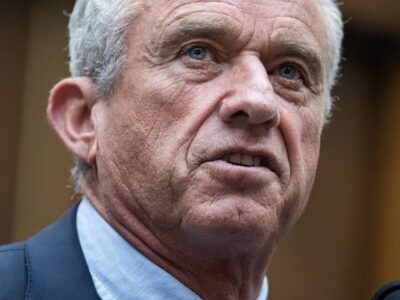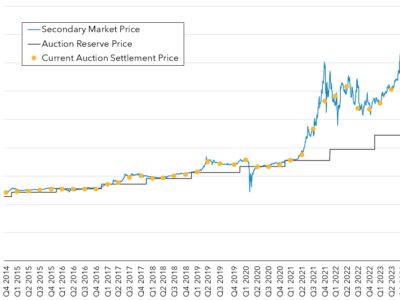California’s Salmon Crisis – Searching for Solutions
All the available scientific evidence indicates that California’s salmon populations are in deep trouble: several sub-species are currently listed as threatened or endangered under federal and state endangered species laws; the commercial salmon fishing season off the Northern California coast will be shut down for the second year in a row; and the resulting economic impact on California’s commercial fishing industry is equally dire. Salmon are a vitally important commercial and recreational resource, and a key indicator of the environmental health of our oceans, estuaries and inland waterways.
Yesterday, California’s Assembly Water Parks & Wildlife Committee held an important hearing on the causes of and potential solutions to this salmon crisis. U.C. Berkeley environmental law Professor Holly Doremus and Center for Law, Energy & the Environment Executive Director Richard Frank testified at the invitation of the committee on the legal and regulatory framework surrounding salmon fisheries regulation and restoration in California. (Here’s a link to their written testimony: http://www.law.berkeley.edu/files/salmon_testimony_3102009.pdf )
Some key, take-away points from yesterday’s testimony:
- The challenges of salmon conservation are great, but so are the payoffs. If California doesn’t solve its salmon problem soon, its water supply system and other key state priorities will be at the mercy of federal courts enforcing the Endangered Species Act. At the same time, the kinds of changes that would help California get a handle on the salmon problem would also improve the state’s ability to conserve other species. The salmon crisis is a key test of our commitment to effective conservation.
- Current state responsibility for management of salmon fisheries is fragmented–shared among a number of regulatory bodies with often-competing agendas and limited, individual jurisdiction;
- Salmon conservation, while now a well-established state goal, comes into conflict with other policy objectives that are more longstanding and deeply-entrenched–e.g., operation of California’s major water projects, traditional agricultural, ranching and timber practices, etc.
- To date, salmon conservation policy has been largely limited to 11th-hour attempts to stave off salmon species’ extinction, rather than to promote recovery of salmon populations–a too-narrow, too-late focus.
- While California’s laws protecting salmon and other wildlife are robust, the single largest problem is that state regulatory officials lack the fiscal and personnel resources needed to administer and enforce those laws.
- As a result, California’s regulatory policy regarding its salmon resources has been reactive, rather than proactive, and carries the threat that fundamental public policy decisions affecting salmon populations will be made by other government actors–primarily, state and federal courts.
- The California Endangered Species Act could more effectively respond to the current salmon crisis if it incorporated several key components of the federal ESA currently absent from its California analogue: a state consultation requirement; inclusion of a mandatory recovery planning process; and a citizen suit provision allowing private parties to augment enforcement efforts of laws protecting salmon by state officials that are currently inadequate.
All relevant stakeholders agree that California’s critically-important salmon fisheries face unprecedented threats that could lead to their disappearance from the ecosystem. There the consensus ends, however. Whether California–and federal–wildlife officials will be able to respond to those extraordinary threats in a timely and effective fashion remains very much in doubt.
(Posted jointly by Richard Frank & Holly Doremus)








Reader Comments